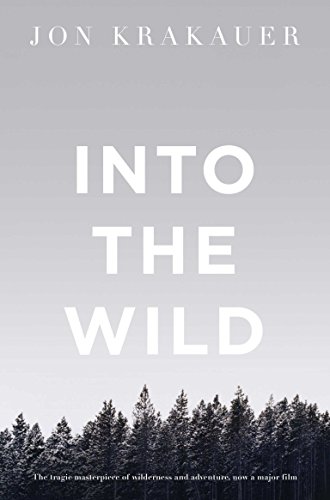The only teachers in here are the maleficaria, and they don't have pets, they have lunch. [loc. 334]
Second in the now-a-trilogy that began with A Deadly Education, The Last Graduate starts where that book ended: in the cafeteria of the Scholomance, with a horde of freshmen still reeling from their magical arrival at this wizardly school that hangs in the void, and El and her friends now the senior class. Which means that, in just under a year, they'll be braving the Graduation Hall (did their attempt to fix the cleansing system work?) and the maleficaria that lurk there.
Though this year might be different. El slowly realises that the Scholomance is focussing on her, giving her a challenging schedule and a group of freshmen to protect, and channelling mals in her direction. Is it trying to nudge her towards the dark destiny she's struggled not to fulfil, or does it have another agenda?
El's classmates are realising just how powerful she is, and she's tentatively forming more alliances and friendships. Her relationship with Orion Lake, the insanely powerful mal-hunter who actually gains mana from killing maleficaria, is also developing. (El's familiar, a small white mouse, does not approve of Orion, and nor does her mother. El keeps telling herself that she doesn't approve of him either.) Orion has grown up both lauded and exploited: valued for his power, taken for granted by those who expect his protection and barely lift a finger to help themselves. El, no stranger to being isolated by her powers, begins to recognise how much damage his upbringing has caused. And she is increasingly uncomfortable with an educational setup that rewards selfishness and murderous intent.
Meanwhile, there are rumours of catastrophe from the outside world, which serve to make the students even nervier, uttterly ignorant as they are of current affairs. Even while she's tentatively planning life after graduation, El is unsure what she'll find when -- if -- she makes it out of the doors of the Graduation Hall.
I enjoyed this very much, though I noted a couple of plot points that could (maybe should) have been foreshadowed in the first book (for instance, the school's motto). It felt more hopeful than the first volume, with a strong theme of change, solidarity, revolution. El is maturing, less prickly and more receptive to overtures of friendship, and her relationship with Orion is changing them both. I enjoyed the friendship between El, Aadhya and Liu, and the shifting feuds and alliances of the senior class. The worldbuilding is lavishly detailed (El does like to digress) and the moments of beauty in a grim and dangerous setting add poignancy to the sheer grind of survival.
This book ends on an appalling cliffhanger, and now I have to wait until next year to find out whether that last spell worked ... and whether we've seen the last of some characters.
Thanks to NetGalley for the free review copy, in exchange for this honest review.











